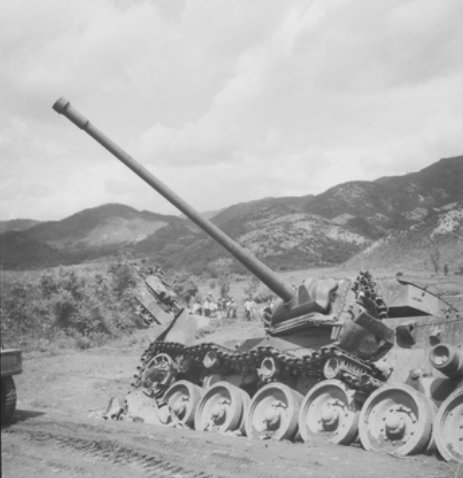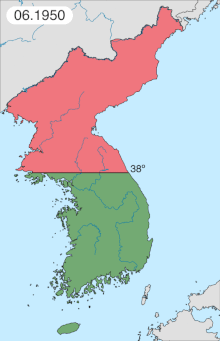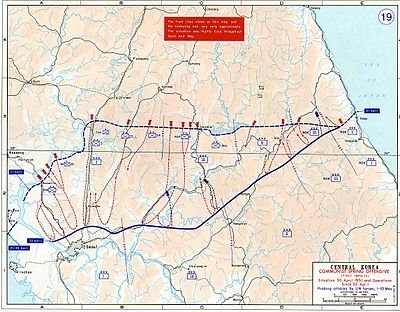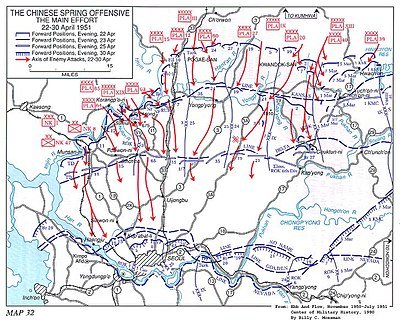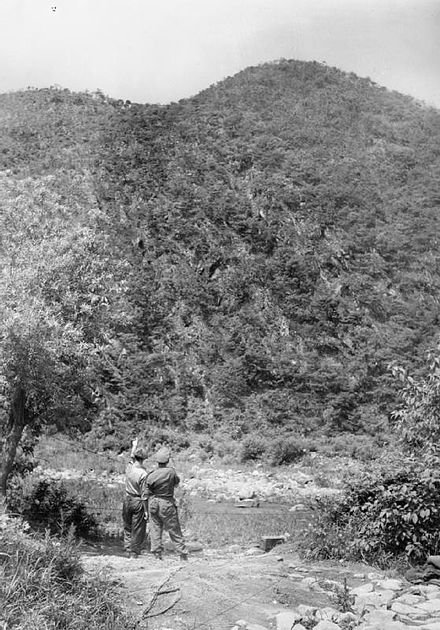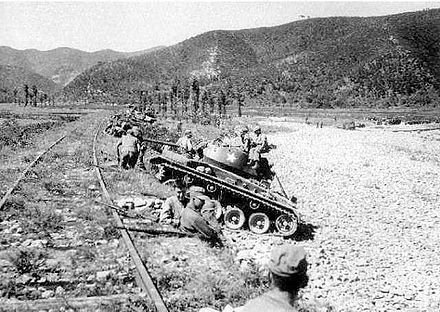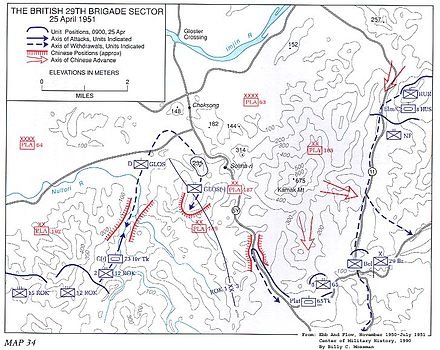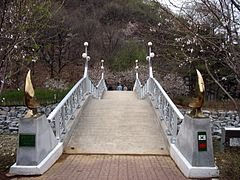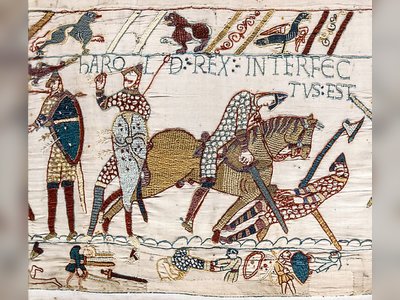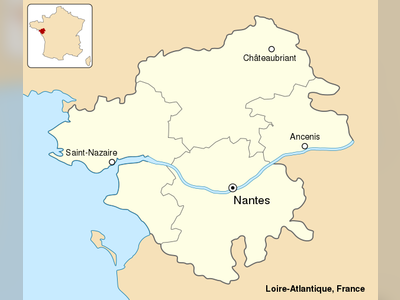Battle of the Imjin River
Contribution of the Battle of the Imjin River to British Heritage.
The Battle of the Imjin River, fought during the Korean War from 22nd to 25th April 1951, stands as a significant moment in British military history and tradition. This battle demonstrated the unwavering courage, determination, and resilience of the British forces, particularly the 29th Infantry Brigade, against overwhelming odds. Despite being heavily outnumbered, the brigade, comprised of three British and one Belgian infantry battalions, heroically defended their positions along the lower Imjin River, facing a massive Chinese People's Volunteer Army (PVA) assault aimed at breaking through and recapturing Seoul, the capital of South Korea.
The battle became emblematic of British valor and military prowess, often referred to as the "Battle that saved Seoul." While it may have been minor in scale compared to larger conflicts, its ferocity and the fate of the 1st Battalion, The Gloucestershire Regiment, in particular, captured the imagination of the world. The bravery displayed by the Gloucestershire Regiment, which was eventually surrounded on Hill 235, known as Gloster Hill, became legendary.
The actions of the 29th Infantry Brigade, alongside other United Nations (UN) forces, effectively blunted the PVA offensive, halting their advance towards Seoul and allowing UN forces to regroup and establish defensive positions north of the city. This resolute stand prevented the potential collapse of the UN line, safeguarding South Korea and its capital from falling into enemy hands.
Legacy and Success
The Battle of the Imjin River left a lasting legacy in British military history and has become a symbol of bravery and sacrifice. The heroic defense of the 29th Infantry Brigade and the valiant efforts of the Gloucestershire Regiment on Gloster Hill exemplified the indomitable spirit of British soldiers in the face of overwhelming odds. Their willingness to hold their positions against a numerically superior enemy, even in the absence of extensive defensive preparations, showcased the discipline and determination ingrained in the British military.
The battle's success was evident in the strategic outcome it achieved. By halting the Chinese PVA's offensive, the 29th Infantry Brigade bought crucial time for other UN forces to regroup and establish a more stable defensive line. This contributed significantly to the preservation of Seoul and South Korea from enemy control, thwarting a potential catastrophe on the UN side.
Contribution to British Heritage
The Battle of the Imjin River occupies a significant place in British heritage as a testament to the bravery and heroism of British soldiers. The actions of the 29th Infantry Brigade and the Gloucestershire Regiment have been commemorated and celebrated as exemplary instances of British military tradition and values.
The battle's impact on British culture and identity has been further highlighted by the construction of the Gloucester Valley Battle Monument at Gloster Hill, which serves as a poignant memorial to the sacrifices made during the conflict. The annual Gloster Valley Memorial Service, organized by the British Embassy in Seoul, pays tribute to the veterans and serves as a solemn reminder of the battle's historical significance.
General Information
The Battle of the Imjin River took place from 22nd to 25th April 1951 during the Korean War. The battle was a part of the Chinese Spring Offensive, which aimed to regain the initiative after UN forces had established themselves beyond the 38th Parallel at the Kansas Line. The UN positions along the lower Imjin River were primarily defended by British forces of the 29th Infantry Brigade, comprising three British and one Belgian infantry battalions.
Facing a numerically superior Chinese PVA, the brigade held their positions for three days before ultimately being forced to retreat. The Gloucestershire Regiment, in particular, was surrounded and outnumbered on Hill 235, earning it the name Gloster Hill. Despite the challenges, the resolute defense of the 29th Infantry Brigade and other UN forces disrupted the PVA offensive, allowing UN forces to retreat to defensive positions north of Seoul, preventing a potential disaster.
The battle resulted in significant casualties for both sides, with estimates suggesting around 10,000 PVA casualties and 1,091 casualties for the 29th Infantry Brigade. The Gloucestershire Regiment bore the brunt of the losses, with 620 soldiers taken as prisoners of war, and 59 killed in action.
In recognition of their exceptional bravery and heroism during the battle, soldiers of the Gloucestershire Regiment were awarded two Victoria Crosses, one George Cross, and several other honors. Additionally, the Belgian United Nations Command, attached to the British 29th Brigade, was awarded the United States Distinguished Unit Citation and the Republic of Korea Presidential Unit Citation for their conduct during the battle.
The Battle of the Imjin River remains an enduring symbol of British military valor and serves as a significant part of British heritage, showcasing the courage and determination of British forces in the face of adversity.
- Battle of the Imjin Riveren.wikipedia.org
